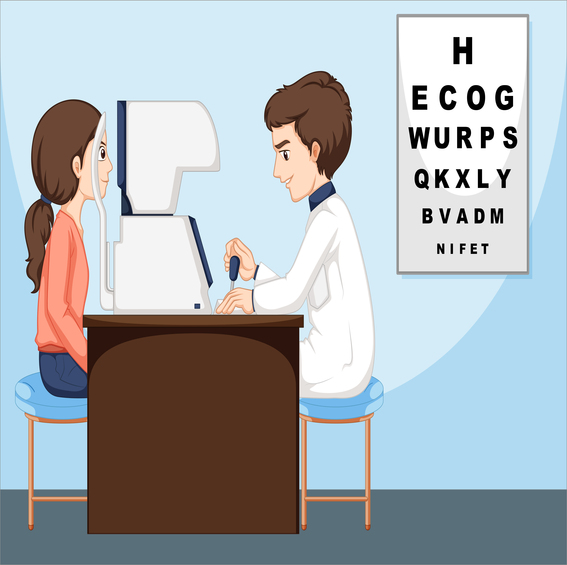GLAUCOMA
Glaucoma is a disease that damages eye's optic nerve.
In the healthy eye, a clear fluid called aqueous humor circulates inside the front portion of the rye. To maintain a constant healthy eye pressure, the eye continually produces a small amount of aqueous humor while an equal amount of this fluid flows out of the eye.
If the aqueous humor is produced excessively or is being drained out properly, the fluid pressure in the eye builds up and, over time, causes damages to the optic nerve.
In glaucoma usually one doesn't have any early symptoms. The disease progresses slowly and can steal one's sight very gradually. Fortunately early detection and treatment can help preserve vision.
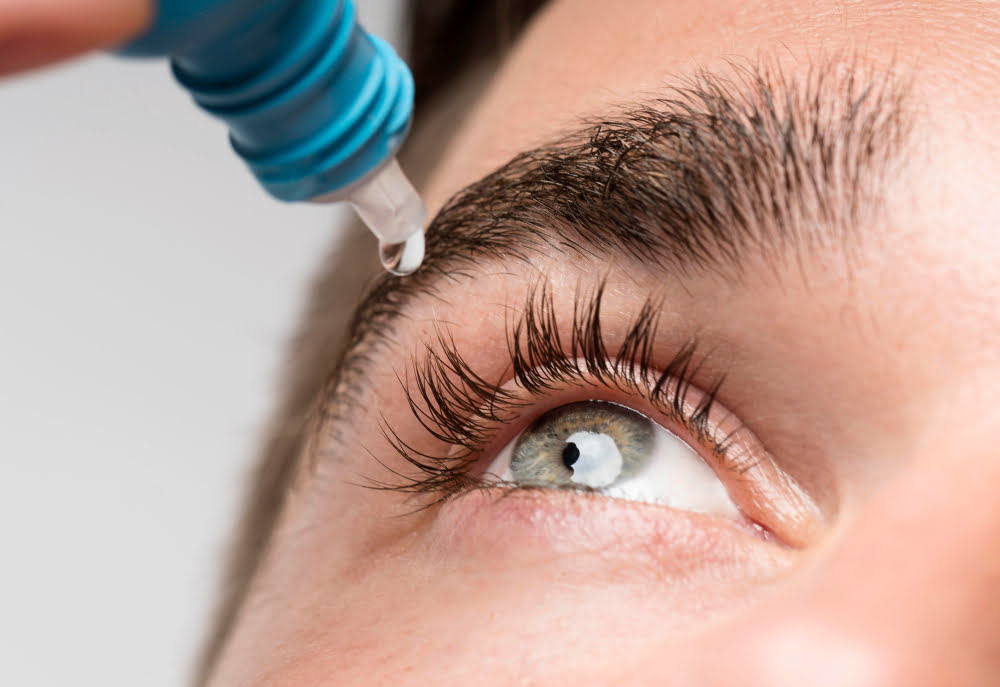
Symptoms of Glaucoma
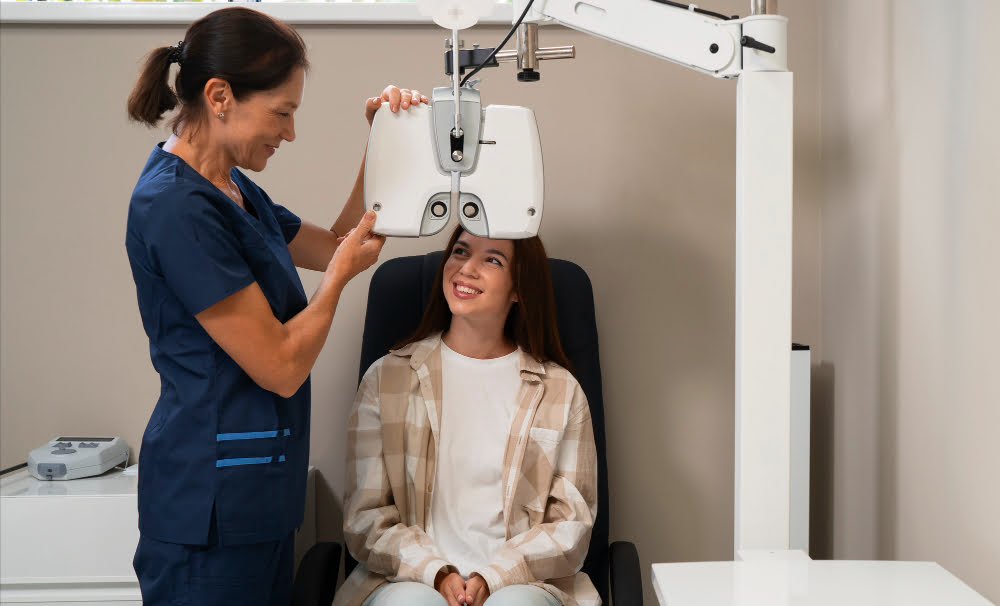
In its early stages, open-angle glaucoma has no obvious signs. As the disease progresses and
more damage occurs, blind spots develop in peripheral (side) vision. These spots may not be noticeable until the optic nerve has become severely damaged. In more serve stages, it may lead to tunel vision finally, blindness if ignored or not treated properly.
Hence, regular monitoring and follow-up with Ophthalmologist is extremely important.
TREATMENT
How a patient's glaucoma is treated will depend on the specific type of glaucoma, the severity of disease and how it responds to treatment. The vision once lost cannot be restored, but fortunately, further vision loss can be prevented by regularly taking the prescribed medicines and regularly going for eye check-ups.
Medicated eye drops are the most common way to treat glaucoma.
These medications lower the eye pressure in one of two ways - either by slowing the production of aqueous humor or by improving its outflow.
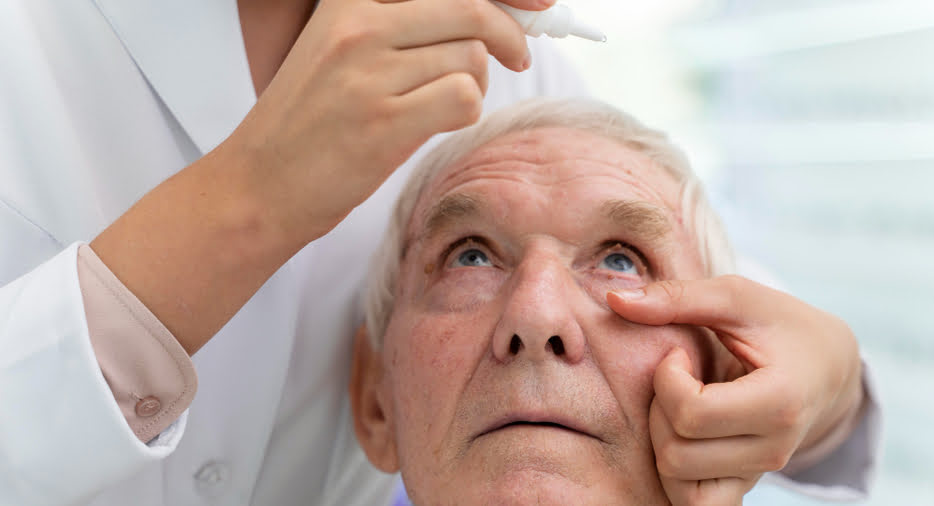
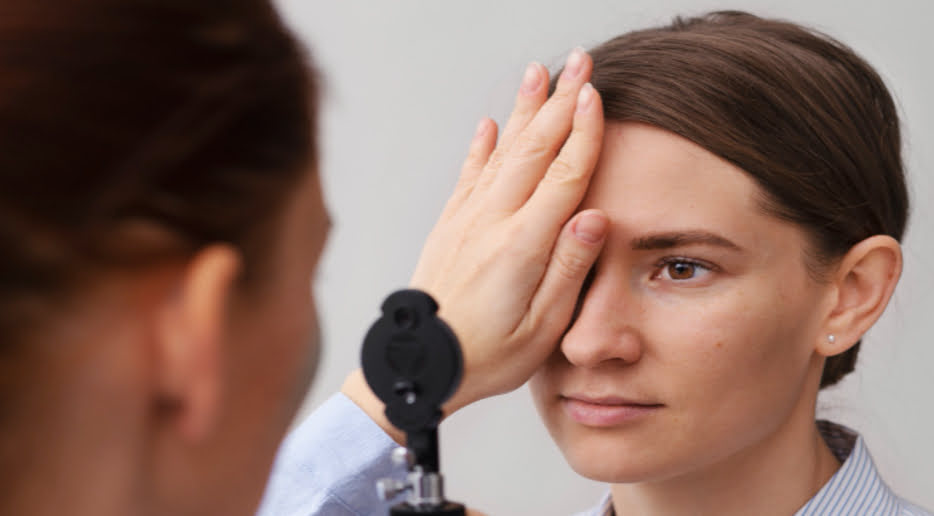
These eye drops must be taken every day and as regularly as prescribed by the ophthalmologist. Never change or stop taking medications
without talking with the doctor.
In some patients, surgical intervention may be required. Your Ophthalmologist is the best person to guide you in this regard.
Symptoms
Glaucoma has no major symptoms and hence the disease can be a potentially blinding condition.
- Sudden decline in vision quality
- Extreme eye pain and redness
- Nausea and vomiting
- Glare and light sensitivity
- Headaches

Book an appointment
Please fill in the form below and we will soon call you back.
